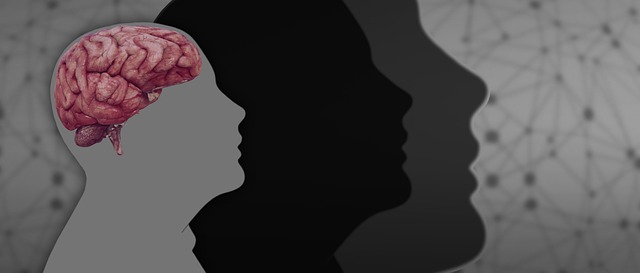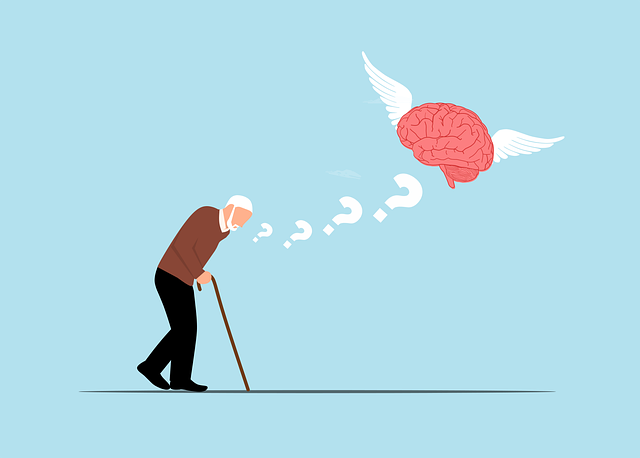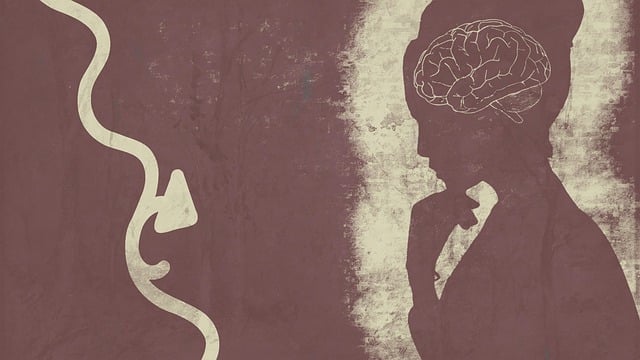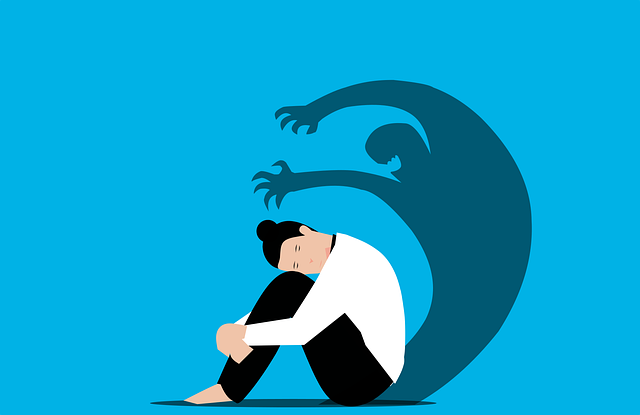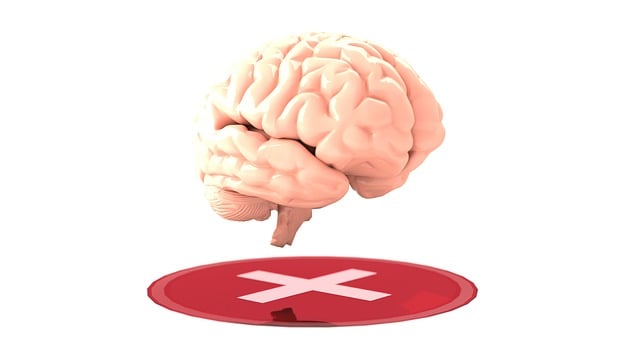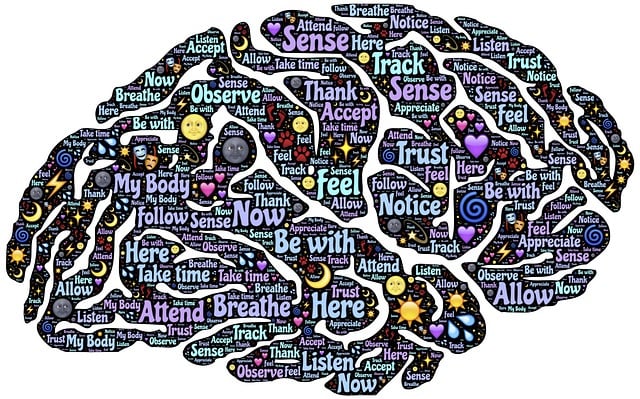Sexual dysfunction, linked to mental wellness, impacts desire, arousal, and satisfaction. Coaching offers a personalized, supportive approach, prioritizing cultural sensitivity and stress management. Integrating CBT, mindfulness, and resilience building, these programs empower individuals with self-care routines and long-term coping strategies for improved sexual health and overall well-being. Regular check-ins and progress tracking ensure tailored support for lasting positive changes in mental health.
“Unleashing the potential of mental wellness coaching in addressing sexual dysfunction is a growing area of interest. This comprehensive article explores the transformative power of coaching as a therapeutic tool, delving into its role in treating sexual health issues. We examine the causes and impact of sexual dysfunction, highlighting how mental wellness coaching programs can be tailored to facilitate effective change. By understanding the underlying factors, designing targeted interventions, and providing ongoing support, these programs offer a promising approach to improving sexual wellbeing.”
- Understanding Sexual Dysfunction: Causes and Impact
- The Role of Mental Wellness Coaching in Therapy
- Designing Effective Coaching Programs for Sexual Health
- Implementation and Support for Sustainable Change
Understanding Sexual Dysfunction: Causes and Impact

Sexual dysfunction is a complex issue that can significantly impact an individual’s mental wellness. It encompasses various difficulties related to sexual desire, arousal, and satisfaction, affecting both men and women. Understanding the causes is essential in providing effective therapy for sexual dysfunction, which often intertwines with broader mental health concerns. Anxiety relief, mood management, and enhancing mental health awareness are crucial aspects of addressing this challenge.
Many factors can contribute to sexual problems, including psychological factors like stress, anxiety, or past traumatic experiences, as well as physical health conditions. These issues may lead to a loss of interest in sex, pain during intercourse, or difficulties achieving arousal. The impact on mental wellness is profound, often causing low self-esteem, relationship strain, and even depression. Effective coaching programs should aim to identify the underlying causes, whether neurological, hormonal, or psychological, to offer tailored support for better sexual health and overall Mental Wellness.
The Role of Mental Wellness Coaching in Therapy

Mental wellness coaching has emerged as a powerful complement to traditional therapy, offering a more personalized and supportive approach to healing. Unlike conventional therapy sessions that often focus on diagnosing and treating specific mental health disorders, coaches work collaboratively with individuals to set goals, uncover personal strengths, and develop strategies for managing stress and improving overall well-being. This proactive method is especially beneficial in addressing issues like sexual dysfunction, where stigma or cultural barriers might prevent individuals from seeking help through therapy.
By incorporating cultural sensitivity in mental healthcare practice, coaches create safe spaces for clients to explore sensitive topics openly. They tailor their approach to respect diverse perspectives and backgrounds, ensuring that each individual receives care that aligns with their unique needs. Moreover, the integration of mental wellness coaching into therapy can enhance self-esteem improvement by empowering individuals with coping mechanisms and fostering a sense of agency in their journey towards better mental health.
Designing Effective Coaching Programs for Sexual Health

In designing effective coaching programs for sexual health, a holistic approach that combines therapy for sexual dysfunction with comprehensive mental health education programs is essential. These initiatives should not only address physical symptoms but also focus on emotional regulation and empathy building strategies to foster healthier relationships and improved self-esteem. By integrating evidence-based practices, coaches can create supportive environments that encourage open communication and empower individuals to navigate their sexual wellness journeys.
Coaching sessions should be tailored to meet the unique needs of each client, incorporating techniques from various therapeutic modalities as needed. For instance, cognitive-behavioral therapy (CBT) can help individuals challenge negative thought patterns related to sex, while mindfulness practices promote present-moment awareness and reduce anxiety. Additionally, incorporating empathy building strategies allows coaches to foster deep connections, understanding, and support, which are crucial for enhancing sexual satisfaction and overall mental wellness.
Implementation and Support for Sustainable Change

Implementing mental wellness coaching programs requires a structured approach to facilitate sustainable change. These programs should be designed with an understanding that mental health is intricately linked to overall well-being, including physical and emotional aspects. By integrating techniques such as cognitive behavioural therapy (CBT), mindfulness practices, and resilience building, coaches can empower individuals to develop self-care routines tailored to their unique needs. This personalized approach not only addresses immediate concerns but also equips participants with long-term coping strategies, fostering a sense of agency and improved mental wellness.
Support systems play a pivotal role in the success of these initiatives. Coaches should be adept at guiding clients through challenges, offering practical advice, and providing resources for ongoing care. This could involve integrating therapy for sexual dysfunction as part of a holistic treatment plan, considering its impact on mental health. Moreover, fostering connections within support groups or communities can enhance accountability and encourage the adoption of healthier habits. Through regular check-ins, progress tracking, and a Mental Health Policy Analysis and Advocacy lens, programs can ensure they remain effective and responsive to individual needs, ultimately contributing to positive and lasting changes in participants’ lives.
Mental wellness coaching programs offer a promising approach to address sexual dysfunction, providing individuals with the necessary tools for sustainable recovery. By integrating these programs into traditional therapy, we can enhance treatment outcomes and improve overall mental health. Effective coaching focuses on personalized support, education, and skill-building, empowering folks to navigate their sexual health challenges with confidence. Through continued research and development, coaching programs can revolutionize Therapy for Sexual Dysfunction, fostering a healthier and more fulfilling life for those seeking assistance.
